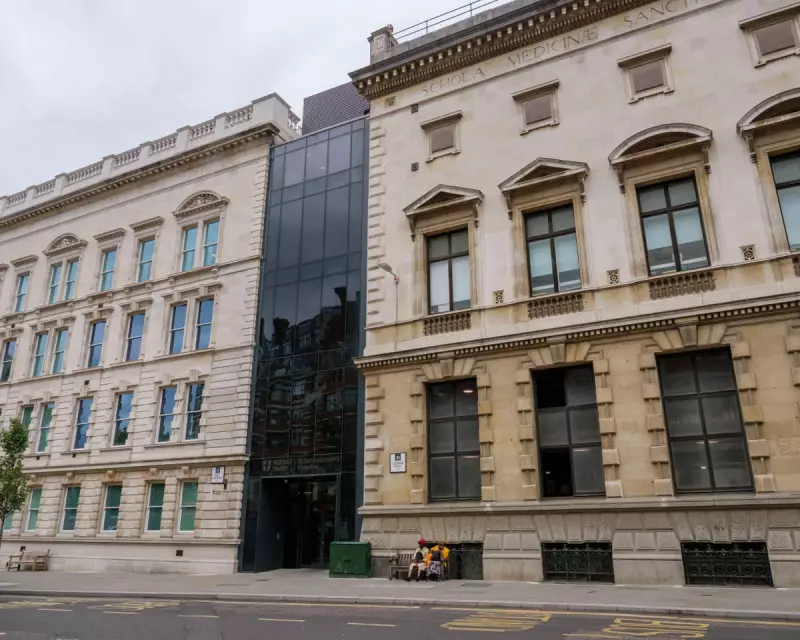
Scotland's National Health Service has embarked on an unprecedented strategy of taking over private hospitals in a bold move to address spiralling waiting times and capacity shortages.
A Radical Approach to Healthcare Challenges
The Scottish government has confirmed that NHS Scotland is actively acquiring and managing private healthcare facilities across the country. This initiative represents one of the most significant shifts in healthcare delivery since the NHS's establishment, fundamentally changing how public healthcare interfaces with the private sector.
Health Secretary Neil Gray announced that the Scottish government has already taken operational control of several private hospitals, with more acquisitions planned throughout 2025. The strategy aims to create additional capacity for NHS patients while maintaining the same standards of care and keeping services free at the point of use.
Addressing Record Waiting Times
This dramatic intervention comes as Scotland faces what officials describe as the worst waiting times crisis in NHS history. Recent statistics reveal that nearly one in six Scots are currently on an NHS waiting list for treatment, with some patients facing delays of over two years for essential procedures.
The acquired private facilities will be used exclusively for NHS patients, focusing initially on clearing backlogs in orthopaedics, cataract surgery, and diagnostic tests. Health officials project that this approach could reduce waiting times by up to 40% within the first year of implementation.
Implementation and Financial Framework
The Scottish government has allocated £150 million from its 2025-26 budget specifically for the private hospital acquisition programme. This funding covers both the operational costs of running the facilities and the transition of staff to NHS employment terms and conditions.
Unlike traditional outsourcing arrangements where the NHS pays for individual procedures in private hospitals, this model involves complete operational control. All staff working in the acquired facilities will become NHS employees, and all equipment and infrastructure will be integrated into the national health service.
Health Secretary Neil Gray emphasised that this approach represents better value for taxpayers than previous arrangements. "By bringing these facilities directly into NHS management, we eliminate profit margins and ensure every pound spent goes directly toward patient care," he stated during a parliamentary address.
Broader Implications for UK Healthcare
Scotland's pioneering approach is being closely watched by health authorities across the United Kingdom. With similar waiting time challenges affecting all four nations, the Scottish model could provide a template for healthcare reform throughout the UK.
The strategy has received cautious support from healthcare unions, though some have expressed concerns about the long-term implications. Representatives have secured guarantees that all staff transferring to the NHS will receive protected pensions and employment rights equivalent to existing NHS employees.
Medical professionals have largely welcomed the additional capacity but stress that this should complement rather than replace investment in existing NHS facilities. The British Medical Association Scotland has described the move as "a necessary short-term measure while we rebuild core NHS capacity."
As Scotland's NHS charts this new course in healthcare delivery, the success or failure of these private hospital takeovers will likely influence health policy across Britain for years to come. The coming months will prove crucial in determining whether this radical approach can deliver the promised reductions in waiting times while maintaining the fundamental principles of the NHS.





